
The Wayward Daughter
Hashem never gives up on us, so we should never give up on our own children, no matter what they've done. One never knows which child will bring the most joy...

Hashem never gives up on us, so we should never give up on our own children, no matter what they’ve done. Despair has no role in raising children, as we see in the following story from the years immediately preceding the Holocaust:
Yossel the merchant was busy completing unfinished business before the High Holidays. He was therefore happy to encounter Reb Feivel, the Husiatiner Rebbe’s gabbai (beadle). He gave the gabbai a kvittel, a wish list of his name and the names of his wife and children, with requests for blessings for the coming Jewish New Year.
The Husiatiner Rebbe was well known for his ruach hakodesh, his holy spirit. He looked at Yossel’s kvittel closely with a puzzled look on his face. “Feivel, something’s wrong here. I think that Yossel omitted one of his children by mistake. Run back to him and find out if that’s the case.”

Feivel cornered Yossel just as the latter was on his way to the synagogue for the afternoon Mincha prayers. “Yossel, the Rebbe says that you left out the name of one of your children on the kvittel. It’s a shame that a child should go without the Rebbe’s blessing before Rosh Hashanah…”
Yossel’s face turned a bright crimson. “Her? She’s dead in my book! I already sat Shiva for her.” As customary in that day and age, Yossel mourned for his daughter Miriam after she married a non-Jew, as if she had died. Miriam as a young girl showed an excellent aptitude for music. Her parents hired an expert Jewish piano teacher who turned Miriam into a virtuoso. But, the teacher had very liberal and agnostic ideas that led Miriam astray from the path of traditional Judaism. Miriam became a concert pianist who toured all of Europe and America. She fell in love with a non-Jewish cellist and married him.
Returning to the Rebbe, Feivel explained the omission on Yossel’s kvittel. The Rebbe was adamant: “I’m adding the name Miriam bas Sorah Gittel to the list of Yossel and his wife’s other children. Go back and tell Yossel that one never knows which child will bring the most nachas (gratification) to a parent.”
* * *
The winds of World War II came to the Ukraine. In the summer of 1942, Yossel’s village was destroyed. His wife and children were all killed in the Nazi death camps. Only Yossel survived. At the end of the war in 1945, he was a skin-covered skeleton of 86 pounds, with a broken heart and broken spirit. With nowhere to go, he roamed around the various DP (displaced persons) camps in Germany until he finally sailed with other survivors to New York.
Departing from the ship in Ellis Island, Yossel had no idea how to begin his new life. A volunteer from one of the local Jewish communities greeted him in Yiddish and told him about a halfway house for Holocaust survivors. “The house is owned by a wonderful, wealthy Chassidic couple,” the volunteer said. “You can stay there for three days until you find a job and a place to live. You’ll have plenty to eat and a comfortable bed to sleep.” He gave Yossel an address in Brooklyn and told him how to get there.
In Brooklyn, Yossel arrived at the right address. He was ushered into the home and led directly to the dining room table where other survivors were already enjoying a wonderful meal, served personally by the lady of the house. When she brought a plate of piping hot food to Yossel, he looked up at her, gasped, and fainted…
It was his daughter Miriam.
Miriam had settled in the USA in 1938, enjoying tremendous success in her musical career. When she heard that her family and their village had been destroyed, she felt tremendous guilt about the anguish she caused her parents before they died. She divorced her non-Jewish husband and became a complete baalat teshuva, or penitent. In 1945, she married a tremendously successful Chassidic businessman. They decided to use their money to help Holocaust survivors; their lavish home enabled over a thousand survivor’s to take their first steps in the Land of the Free.
She never dreamed that her father had survived. But he did. As opposed to the other guests, Yossel never had to leave after the three days were over. His daughter and his son-in-law cared for all his needs. Yossel lived to see his first great-grandchild. Words can’t express the nachas that he had from Miriam, her husband, and their offspring.
Like the Husiatiner Rebbe said – you never know which child will give you the most nachas. Hashem forgives; so must we. Invest a few minutes of daily personal prayer for that wayward child and you’ll see big miracles.


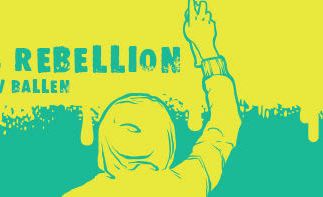
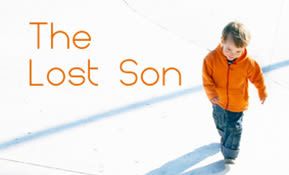
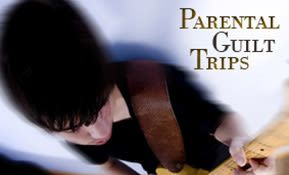
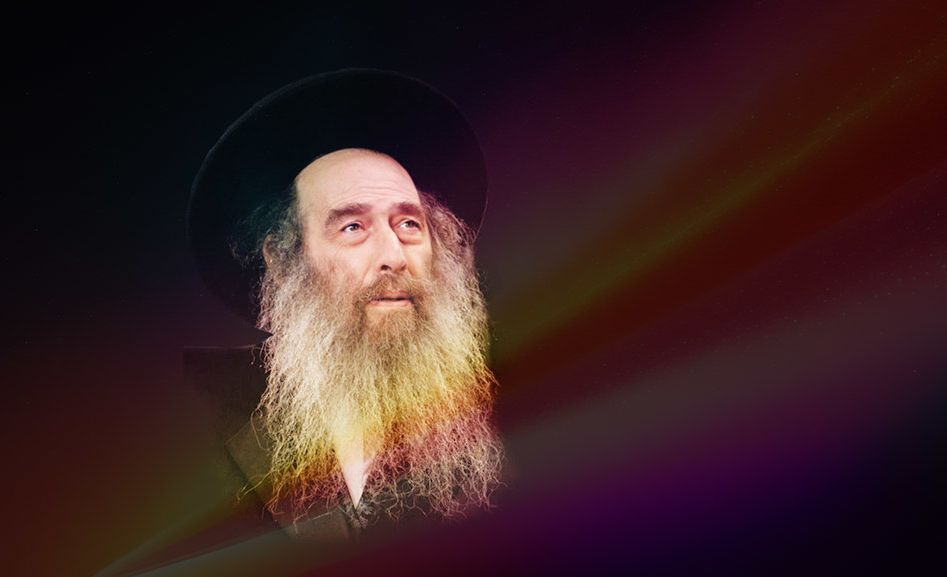
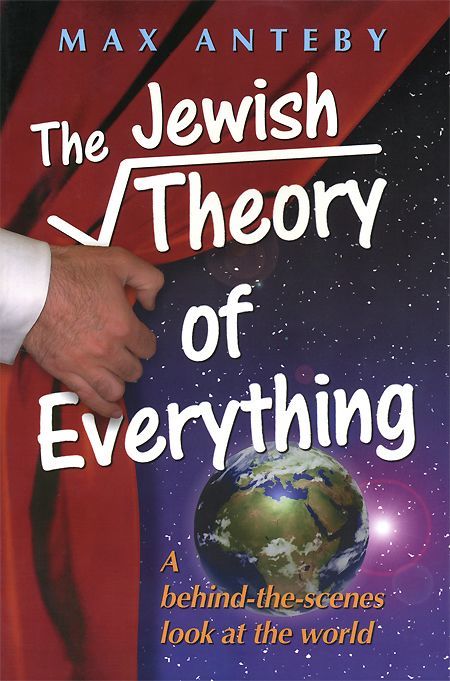
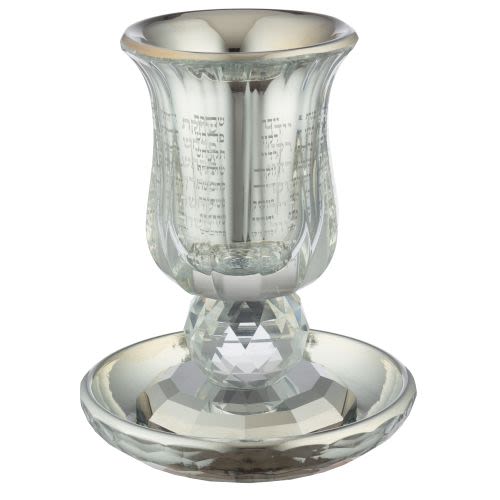
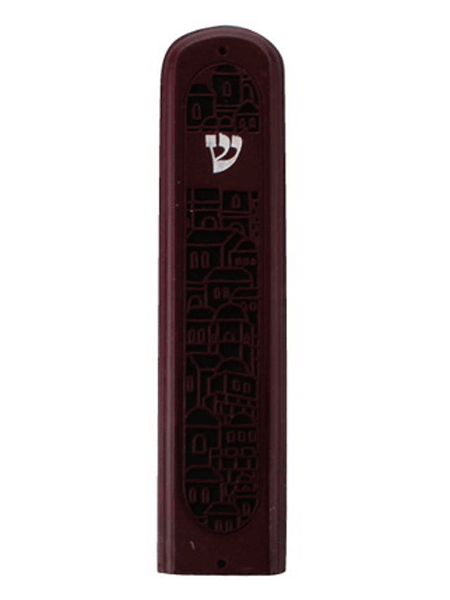
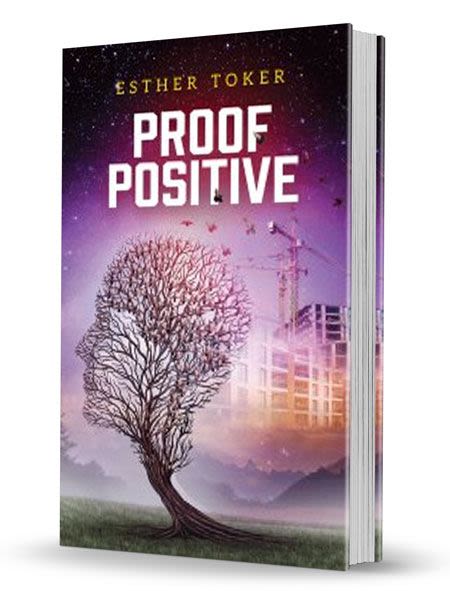
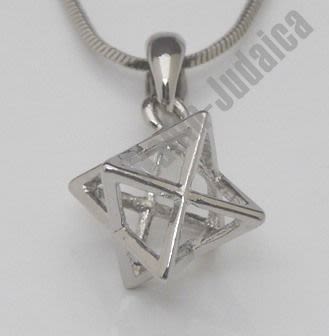
Tell us what you think!
Thank you for your comment!
It will be published after approval by the Editor.